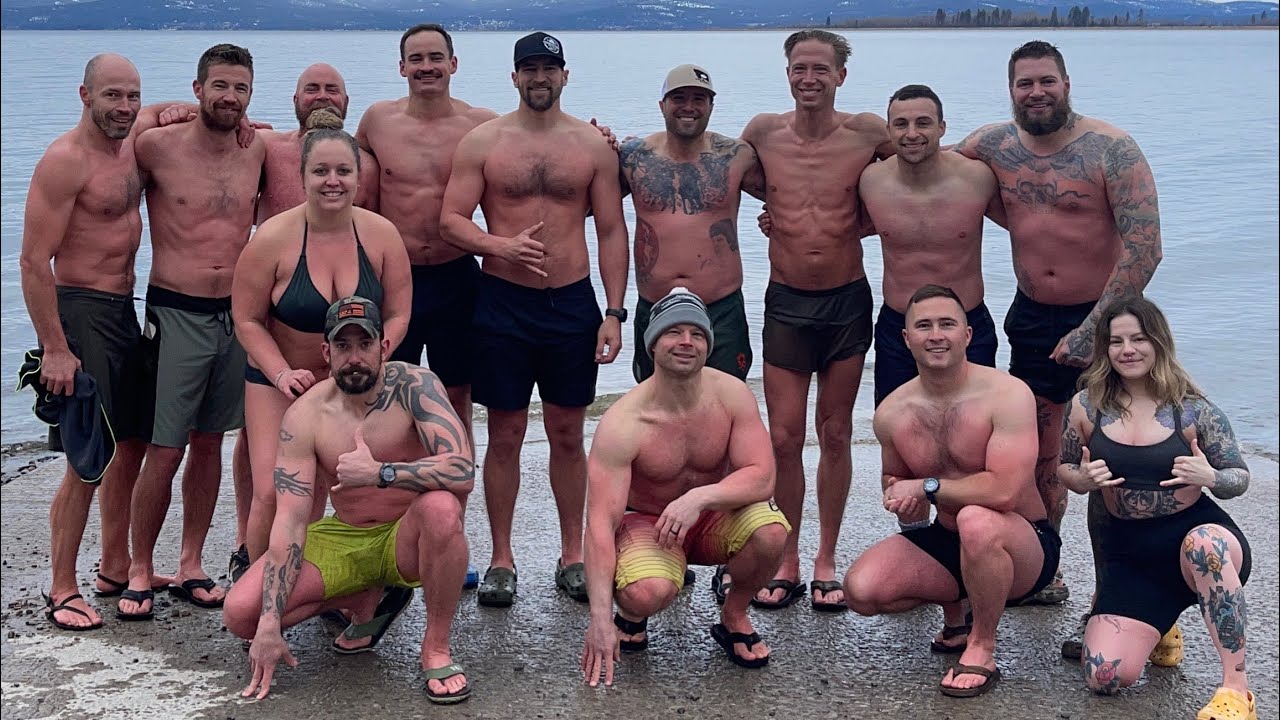Recently, I had the pleasure of watching a TED Talk by, Regina Hartley: Why the best hire might not have the perfect resume. After watching this brilliant video, I could not help but think that these scrappy people sound a lot like my veteran brothers and sisters. Here are two reasons why I think so.
Servant Leadership
[caption id="attachment_12433" align="aligncenter" width="1024"]

Army Col. Robert Mundell, commander of the Regional Support Team, Afghan Regional Security Integration Command-North, takes time to discuss the concept of servant leadership within the Afghan national army and Afghan national police forces with freelance journalist Ann Marlowe at the Regional Training Center in Mazar-E-Sharif, Afghanistan, April 24. (Photo by: Sandra Arnold)[/caption]Growing up I always thought a good leader had to be charismatic, persuasive, powerful, and feared by others. Once I arrived at Great Lakes, Illinois for Navy boot camp at the age of 17, that exact image of a leader was solidified. As soon as I stepped off of the bus my RDC (Recruit Division Commander) locked eyes with me and began to yell at me for something I barely remember. I instantly, knew that he was my leader and I better listen to whatever he says for the duration of my time here.That very scenario is the exact scene every movie portrays about boot camp and why most people are terrified to join the military to begin with. What 99% percent of America doesn’t see is the moment when those same RDC’s teach recruits how to be servant leaders. Those RDC’s wake up earlier than us every day to ensure that we are up on time. They work twice as hard to keep their uniforms in tip top shape and lead by example. Believe it or not, they actually take the time to get to know us and do everything they can to help us succeed. We are taught that if the team fails then we all fail. We are taught that if one person is struggling then we all are struggling. We are taught to put ourselves last, and to always look to the right and the left to make sure that our brothers and sisters are awake and thriving. At the age of 17, I changed forever. I don’t think at the age of 17 you realize how important those skills are to the workplace in the civilian world. While active duty, we take it for granted because we are surrounded by so many like-minded people. It isn’t until you transition out of the military when you realize that you are indeed a unicorn. Embrace it, share it, and most importantly, be proud of it. Any successful organization, team, and or project has to have a service mindset. You must serve your customers, users, and the people who work for you at all times. If you don’t, you will fail. You must serve your customers, users, and the people who work for you at all times. If you don’t, you will fail.
Grit
[caption id="attachment_12434" align="aligncenter" width="1024"]

(US Army photo by Cpl. Timothy Yao)[/caption]It is a fact that not every veteran has seen or experienced combat; those who have are a special breed, and those who have not still understand what “embracing the suck” means. Every organization lacks some sort of resources, funding, and/or adequate space to operate at their highest potential. Those who deny or complain about the situation are the people who will hold themselves back. That person will instantly shut off all the creative solutions and only focus on the negative things. As a result, the problems will still exist and progress will be extremely slow. “Embracing the suck” means that you are accepting the situation as is, and you are trying to make the most of it. There is something special about someone who can’t quit their job and start all over anytime they want. When you raise your right hand and wear the uniform, you are committed to the contract you have signed -- whether you like it or not. The best part of today’s veteran generation is that these individuals are volunteering to do this. They are volunteering to put themselves before others and serve in a time of war. They are constantly making light of every situation and doing the best they can with what they have. According to Angela Duckworth’s book, Grit she defines grit as, “perseverance and passion for long-term goals.” Many people in our country can relate to this particular definition of grit. Even before I joined the Navy, I could relate to this definition because of the environment I grew up in. As a matter of fact, the scrappy people Regina Hartley talks about are those who display high levels of grit. I just so happen to believe that my brothers and sisters display the most grit and more people should know what they have to offer. So, the next time you are reviewing resumes, make sure you bet on the veteran. You definitely won’t regret it.



%201.svg)









